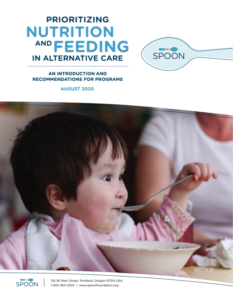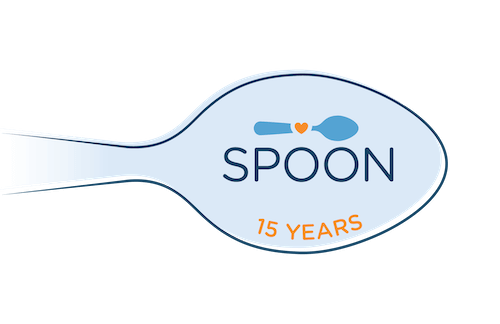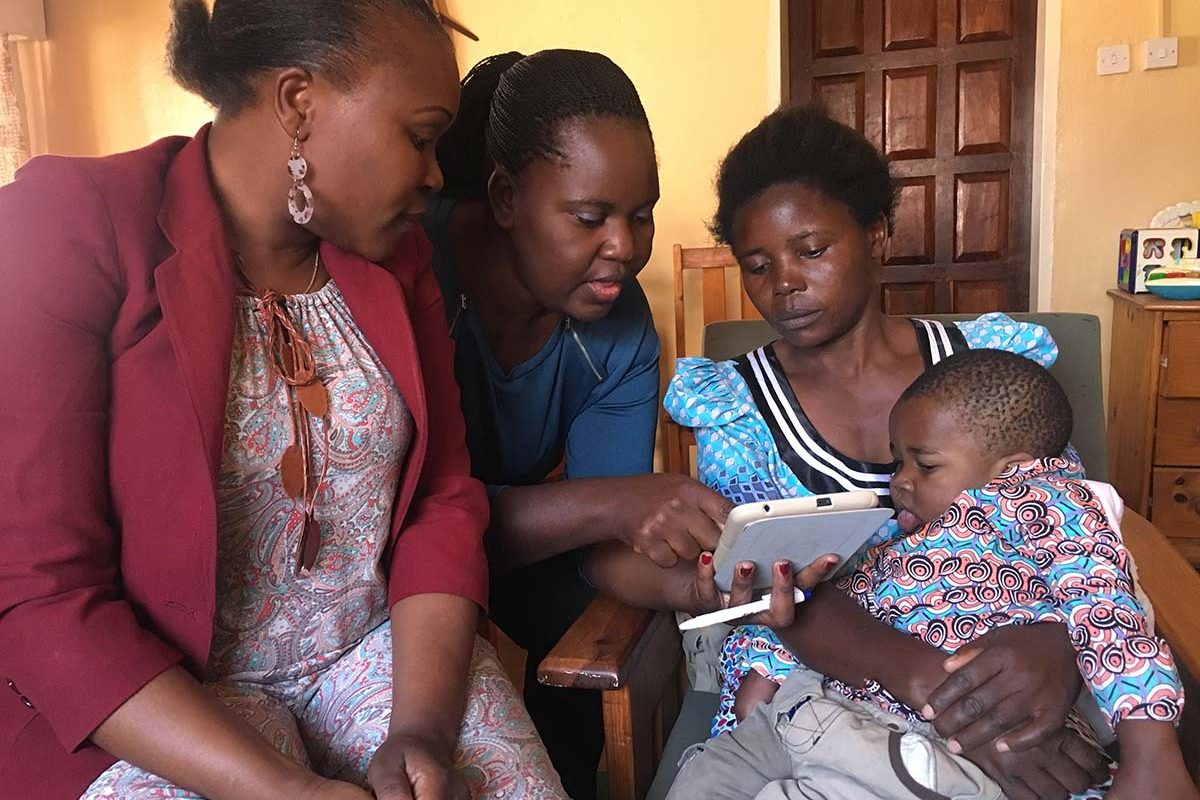 Prioritizing nutrition and feeding in alternative care, a new publication from SPOON, introduces the links between malnutrition, disability, and family separation. It also explores steps that alternative care programs can take to improve nutrition and feeding. The paper draws on SPOON’s experience improving nutrition and feeding in residential care settings, community-based programs, and in the transition from residential to family care.
Prioritizing nutrition and feeding in alternative care, a new publication from SPOON, introduces the links between malnutrition, disability, and family separation. It also explores steps that alternative care programs can take to improve nutrition and feeding. The paper draws on SPOON’s experience improving nutrition and feeding in residential care settings, community-based programs, and in the transition from residential to family care.
Early nutrition is fundamental for all children to grow, develop, and thrive. Children in alternative care, many of whom have disabilities, have some of the highest rates of malnutrition. If nutrition is not addressed, children in alternative care face risks from both malnutrition and the long-term stress of family separation. Targeted, effective nutrition solutions can restore children’s health and protect their potential. Prioritizing nutrition and feeding for children in alternative care not only strengthen’s children’s health, but also helps to prevent family separation and institutionalization of children. As the COVID-19 pandemic places children at higher risks of malnutrition and family separation, it is even more urgent to meet the nutrition needs of vulnerable children.
This publication aims to introduce the key issues, provide recommendations for programs, and encourage alternative care programs to increase focus on nutrition and feeding.


